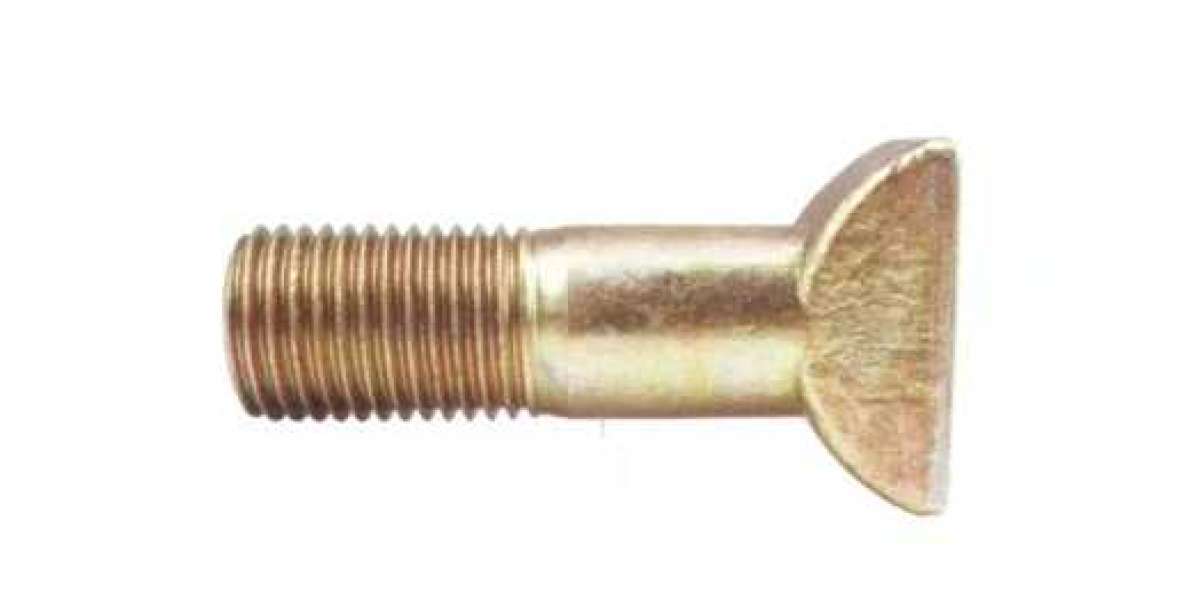Attention Deficit Hyperactivity Disorder (ADHD) is often perceived as a childhood condition, but it significantly affects many adults as well. Understanding ADHD in adults is crucial for effective management and support. This article delves into the symptoms, diagnosis, and treatment options available for adults living with this condition.

Symptoms of ADHD in Adults
ADHD in adults can manifest in various ways. While hyperactivity may decrease with age, symptoms such as inattention, impulsivity, and emotional dysregulation often persist. Common symptoms include:
- Difficulty concentrating on tasks
- Frequent forgetfulness
- Impulsivity in decision-making
- Restlessness or feeling on edge
- Challenges in organizing tasks and activities
These symptoms can lead to significant challenges in personal and professional settings. For instance, adults with ADHD may struggle to meet deadlines or maintain relationships due to their impulsive behaviors. Understanding these symptoms is the first step toward seeking help.
Diagnosis of ADHD in Adults
Diagnosing ADHD in adults can be complex, as many symptoms overlap with other mental health conditions. A comprehensive evaluation typically involves:
- A detailed clinical interview to discuss symptoms and their impact on daily life.
- Behavioral assessments and questionnaires to gauge symptom severity.
- Gathering information from family members or significant others.
It is essential to consult a qualified mental health professional for an accurate diagnosis. They can differentiate ADHD from other conditions such as anxiety or depression, which may require different treatment approaches.
Treatment Options for ADHD in Adults
Effective management of ADHD in adults often involves a combination of therapies. Treatment options may include:
- Medication: Stimulants and non-stimulants can help manage symptoms.
- Cognitive Behavioral Therapy (CBT): This therapy focuses on changing negative thought patterns and behaviors.
- Coaching and Support Groups: These can provide practical strategies and emotional support.
Each individual's treatment plan should be tailored to their specific needs. Regular follow-ups with healthcare providers can help adjust treatments as necessary.
Conclusion
Understanding ADHD in adults is vital for fostering a supportive environment. If you or someone you know is struggling with symptoms, consider seeking professional help. For more in-depth information, you can explore the latest research on  . Remember, with the right support and treatment, adults with ADHD can lead fulfilling lives.
. Remember, with the right support and treatment, adults with ADHD can lead fulfilling lives.








